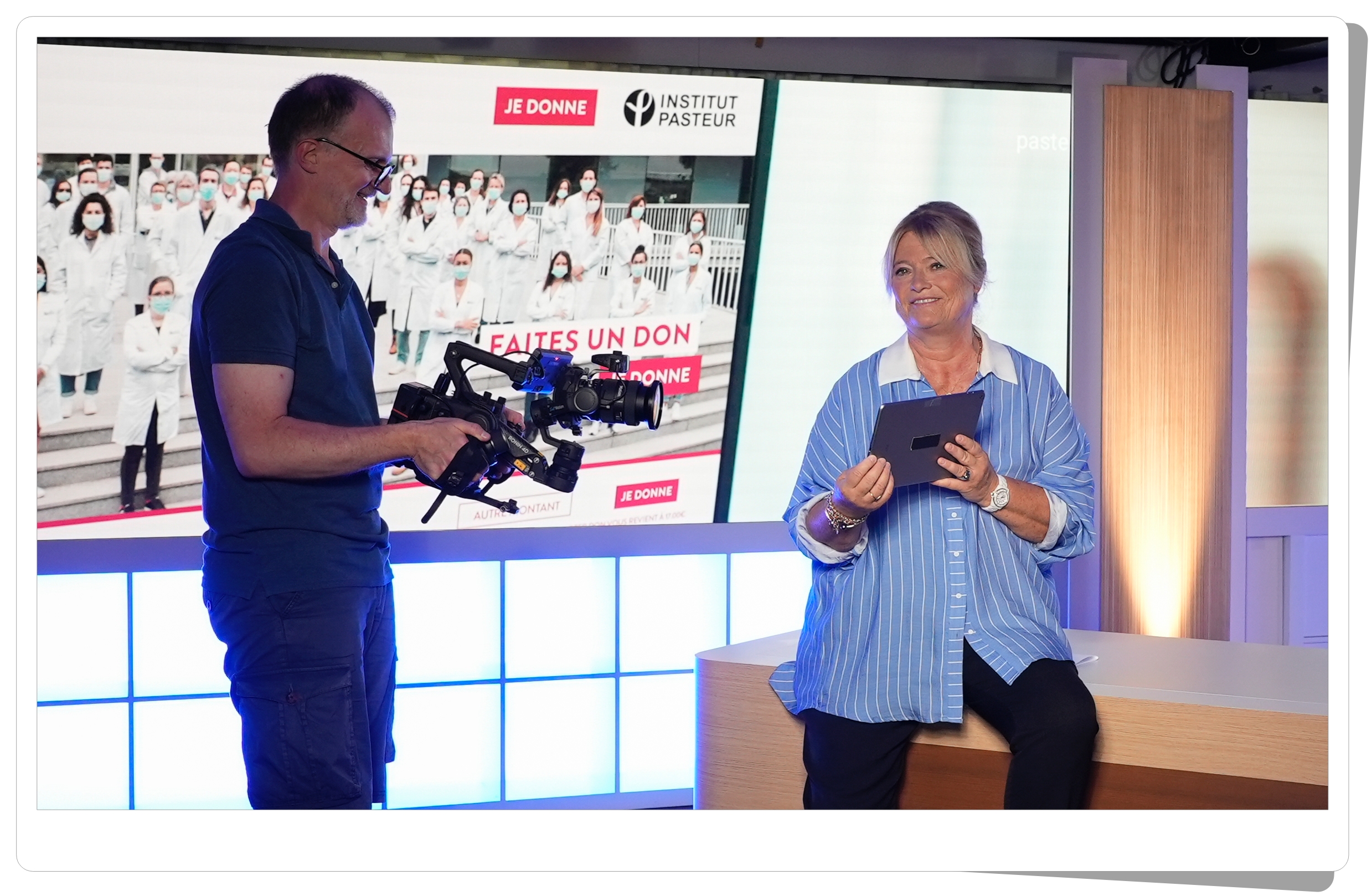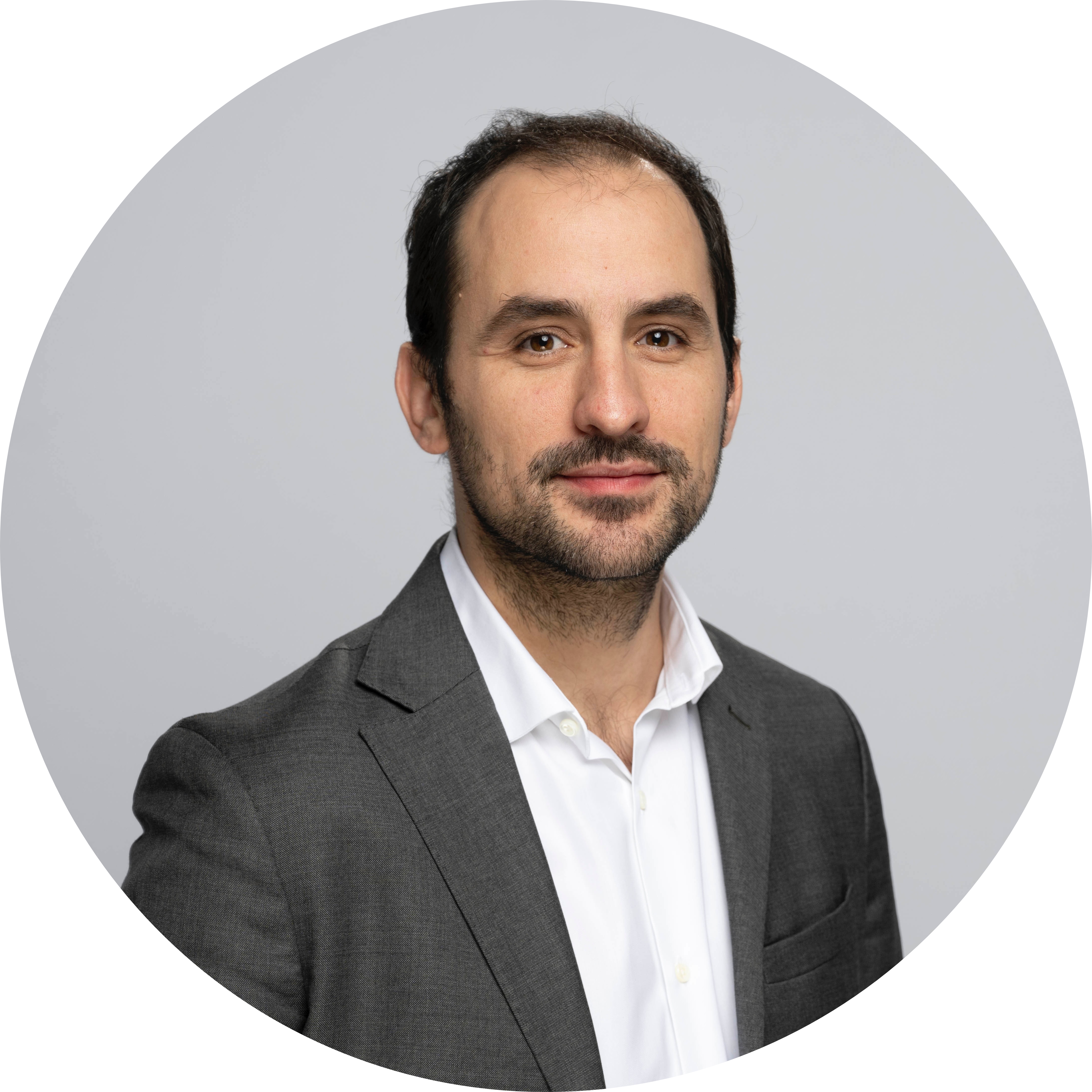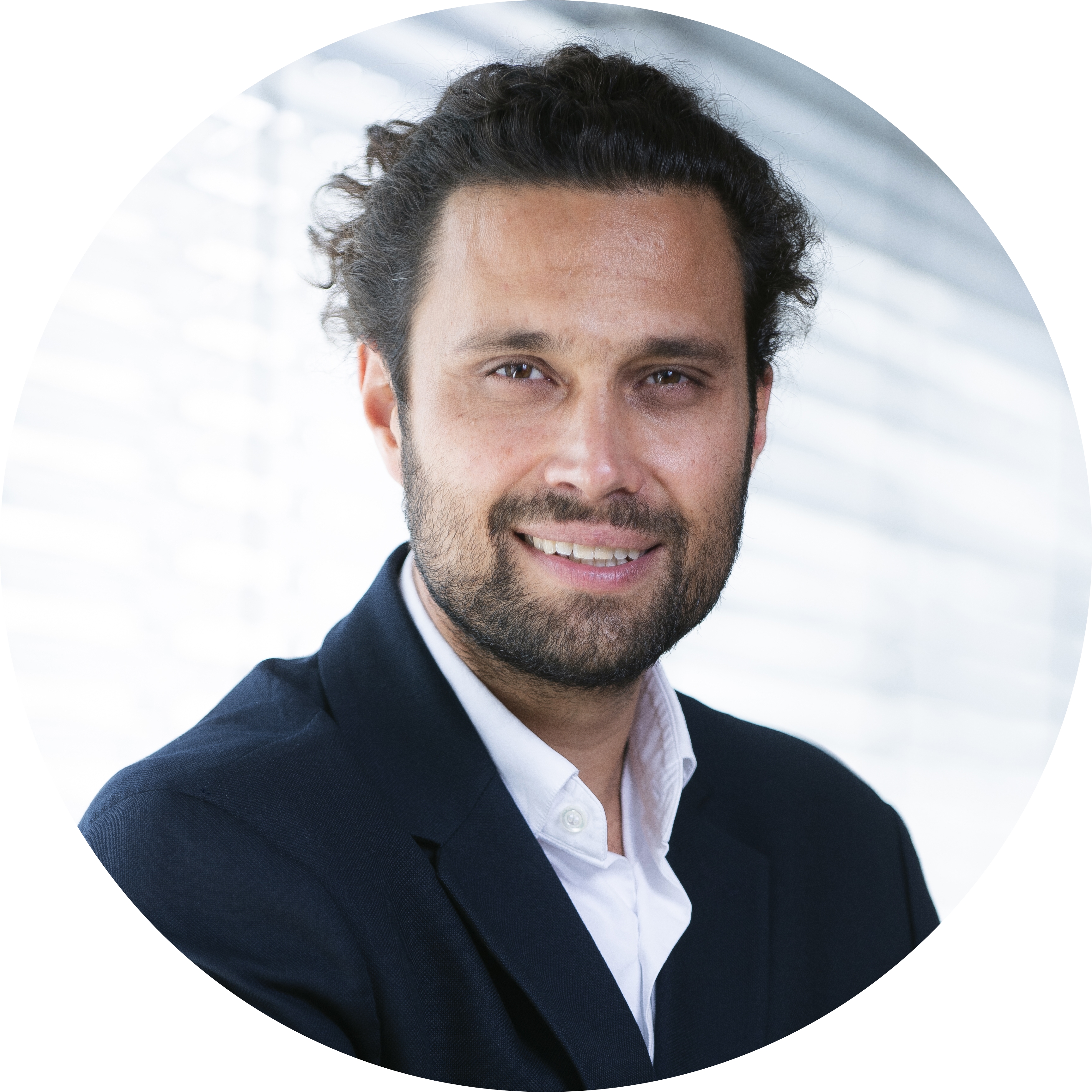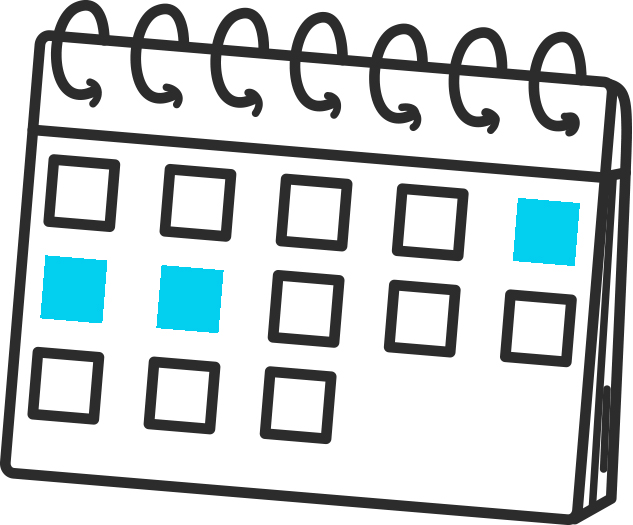
 Pasteurdon
Pasteurdon
17th edition of Pasteurdon – October 4 to 8, 2023: Research is part of us
In 2023, for the 17th year in a row, the Institut Pasteur will be organizing Pasteurdon, a campaign to raise funds and awareness among the general public in response to global health challenges. A series of new visuals have been produced to highlight the theme of this year's edition, "Research is part of us," and the event will seek to showcase scientific progress in areas including infectious diseases, antimicrobial resistance, the role of the microbiota, neurodegenerative diseases, cancer and vaccinology.
A multichannel campaign, supported by presenters and journalists from TV and radio media partners, together with the "Friends of Pasteurdon" committee alongside the Institut Pasteur's Ambassador Erik Orsenna, will be held from October 4 to 8 to bring the cause to the attention of the general public.

 Once again this year, Pasteurdon will benefit from the concerted efforts of a strong line-up of media partners: for five days, 28 TV channels, 18 radio stations and the Figaro Group will appeal to the generosity of the public. Messages appealing for donations will be broadcast from Thursday October 5 to Sunday October 8, 2023, by our media partners:
Once again this year, Pasteurdon will benefit from the concerted efforts of a strong line-up of media partners: for five days, 28 TV channels, 18 radio stations and the Figaro Group will appeal to the generosity of the public. Messages appealing for donations will be broadcast from Thursday October 5 to Sunday October 8, 2023, by our media partners:
● Radio spots will be broadcast on Thursday October 5 and Friday October 6 over the airwaves of our partner radio stations:
Radio France, RFI, BFM Business, RMC, Sud Radio, NRJ, Nostalgie, Chérie FM, Rire & Chansons, Radio Classique, RTL, RTL2, Fun Radio, Europe 1, RFM and Europe 2.
● Short films, directed by Serge Khalfon and featuring journalists and presenters representing each channel, will be broadcast on our partner TV channels from the evening of Friday October 6 to the evening of Sunday October 8:
TF1, TMC, TFX, TF1 Séries Films, LCI, France Télévisions, M6, W9, 6TER, Gulli, C8, CSTAR, CNEWS, NRJ 12, Chérie 25, LCP-Assemblée nationale, Public Sénat, BFMTV, BFM Paris Ile de France, BFM Business, RMC Story, RMC Découverte, L'Équipe and France 24.

Marina Carrère d’Encausse
Copyright: y.dejardin - éditel
Lastly, the TV film that you will have seen over the past two years will be broadcast on a selection of channels from October 9 to 18. The special version of the film focusing on legacies will also be broadcast during August.
The newsletter team will be back with more information in September, especially about the launch event planned for October 4 on campus and the dedicated Pasteurdon social media campaign.
![]()
For this week's newsletter, the team asked Henri Pitron, Vice-President Communications, and Antoine Bogaerts, Director of Philanthropy, to present the challenges and strategy of this year's campaign.
 Henri Pitron, Vice-President Communications.
Henri Pitron, Vice-President Communications.
As Vice-President Communications, what does Pasteurdon represent for you as part of the Institut Pasteur's broader communications strategy?
Pasteurdon is an important moment each year, one that our scientists are particularly attached to, to raise awareness, explain and showcase the sheer diversity of the research that we carry out at the Institut Pasteur. The campaign is also a crucial means of raising funds to advance research. Emerging infectious diseases, neurodegenerative diseases and cancer, for example, are key research fields that we must continue to investigate in response to global public health challenges. Pasteurdon is also a time when the entire institution can come together in support of research and scientific progress for the benefit of health. Staff always bring a huge amount of energy and enthusiasm to this event that unites the Institut Pasteur community.
We have chosen to focus this autumn's campaign on the way in which these research challenges are a part of all our lives and our personal experience, with the slogan "Research is part of us." The slogan also refers to one of the Institut Pasteur's primary missions, namely helping us understand the living world in all its forms with the aim of improving our lives.
What topics will be particularly highlighted in the media for this 2023 edition?
Henri:
This year, we will particularly be communicating to the press about five topics that are currently the focus of research at the Institut Pasteur:
1. Elucidating the complex mechanisms involved in autism:this is the challenge that the Institut Pasteur's scientists have been tackling every day for the past 20 years to improve support for affected families.
2. How to talk about human papillomavirus vaccination among teenagers:HPV infection is virtually systematic among young adults, both women and men. It becomes "persistent" in around 10% of cases and can cause various types of precancerous lesions that can develop into cancer.
The aim of epidemiologists is to find solutions that will optimize prevention of HPV-related cancer, especially through vaccination.
3. The Laboratory for Urgent Response to Biological Threats (CIBU): the mission of this laboratory is to respond to "specific biological emergencies" in infectious risk contexts. It will be on high alert at the upcoming global sports events hosted in France – the Rugby World Cup in 2023 and the Olympics in 2024. The team is also involved in the ESA/NASA mission to analyze samples from Mars.
4. Monitoring fungi that represent a threat to human health: Although we generally live in harmony with fungi, imbalances can occur and trigger fungal infections. Fungal infections require vigilance because they are on the rise globally and resistance to antifungal treatments has been identified. Scientists in the CNR for Invasive Mycoses and Antifungals are studying the risks associated with these infections and working to identify and improve understanding of resistance mechanisms.
5. How do sounds affect human behavior? Experiencing a loss or deterioration in essential acoustic communication can have a major psychological and social impact. Scientists from the Hearing Institute have revealed the role of deep emotional circuits in processing unpleasant sounds. Understanding these circuits could help shed light on various medical conditions linked to hearing, such as hearing loss or tinnitus, as well as neurodevelopmental and neurodegenerative disorders.
 Antoine Bogaerts, Director of Philanthropy.
Antoine Bogaerts, Director of Philanthropy.
How important is Pasteurdon in the Institut Pasteur's fundraising strategy?
The Institut Pasteur relies on the generosity of individuals and companies to develop its research programs. 30.6% of the funding required for these programs comes from public donations, legacies and sponsorship. In 2022, 239,000 individuals supported the Institut Pasteur's research, and the Pasteurdon campaign raised more than €2.5 million. These funds are essential for the Institut Pasteur, providing the means to finance the human and material resources needed to advance research and develop state-of-the-art technologies. It takes around €1 million each year to run a research unit.
Pasteurdon is also an important opportunity to raise awareness among our existing donors and attract new donors via email and mailing campaigns. This year we will be holding a private conference on the Institut Pasteur campus on October 4, on the topic "Microbiota and immunity," for several groups of donors and employees of the sponsor companies that support Pasteurdon.
![]()

Events organized during Pasteurdon week
• La Parisienne race: on Sunday September 10 with a group of 50 of the Institut Pasteur's female staff
• Pasteurdon launch event, open to Institut Pasteur staff – attended by Erik Orsenna, media partners and sponsors
October 4 at 12 noon in the CIS lecture hall
• "20km de Paris" race: Sunday October 8, with a group of 50 runners. This year the race village is at Émile Anthoine stadium, next to the Eiffel Tower